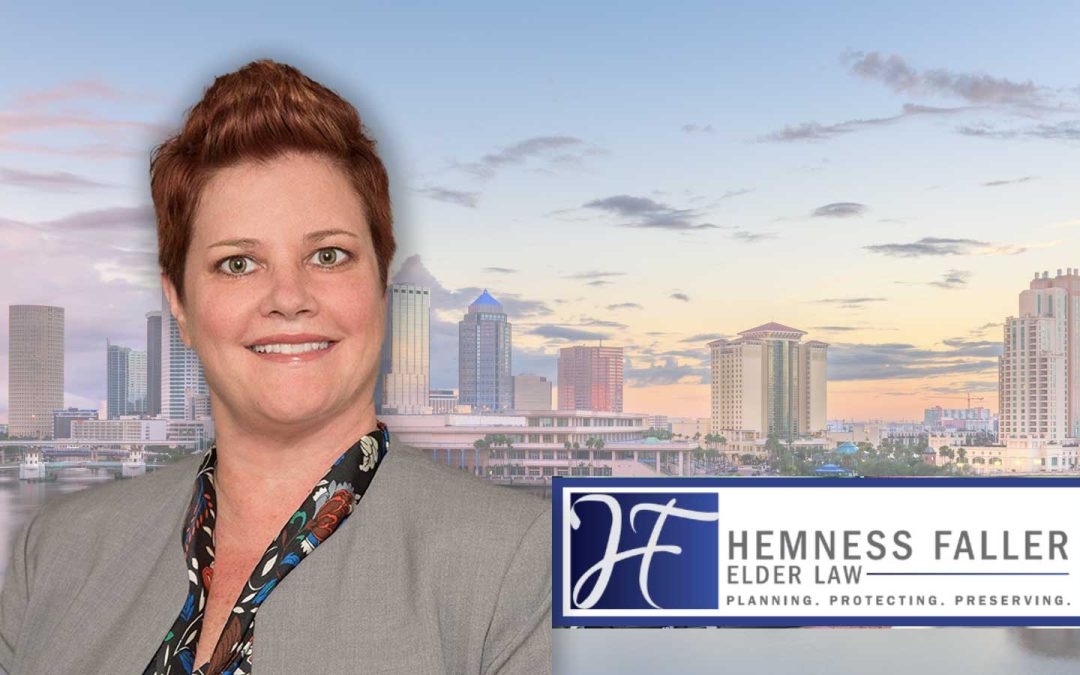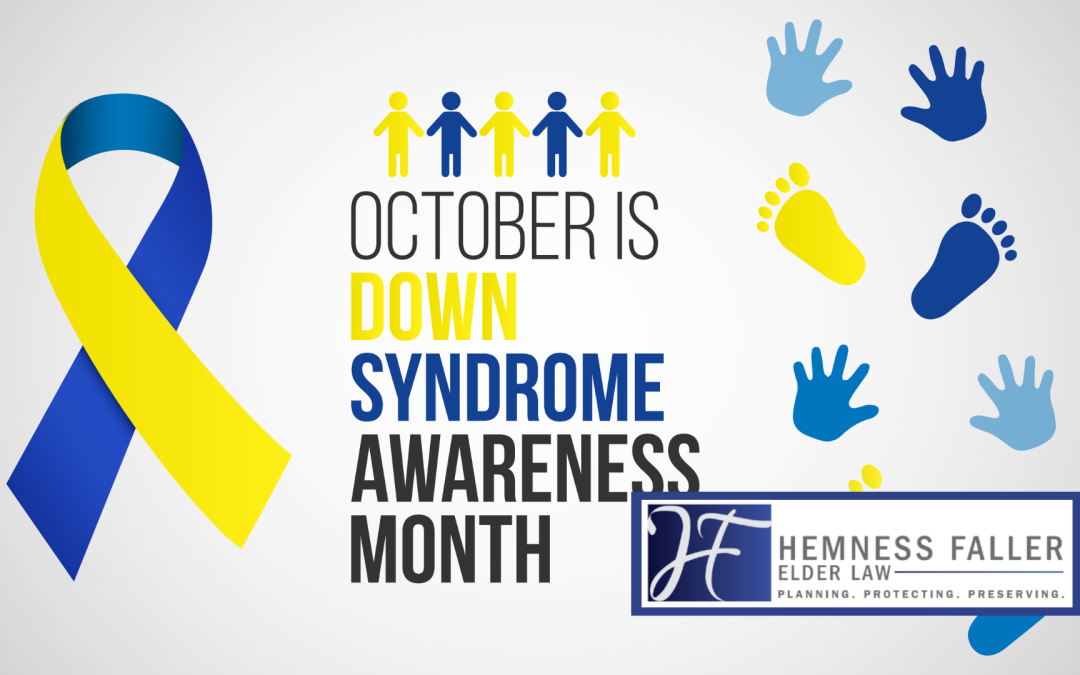Q & A with Larry Brooks, a Reverse Mortgage Consultant
As an elder law attorney, it is my goal to ensure my clients have considered all their options in their later years, particularly on how to fund long term care. I frequently get questions about the benefits and downsides of Reverse Mortgages. I’ve invited Larry Brooks to provide helpful information about Reverse Mortgages.
Emma: Larry, can you tell me why Seniors need to know about Reverse Mortgages?
Larry: For many of Florida’s Seniors, their home is their single largest asset. When a Senior needs care, a Reverse Mortgage allows homeowners to get a percentage of their home’s value without having to sell the home. This lets Seniors access cash to pay for long term care and remain in their own home until the day they die.
Emma: What amount of cash can a Senior obtain?
Larry: The amount of the Reverse Mortgage is based on home value and the age of the youngest borrower. Everyone on a reverse mortgage must be at least 62 years old. However, HUD now allows married couples to have a spouse under 62 if the other spouse is 62 or older. This applies to same sex married couples as well.
Emma: How easy is it for a Senior to know what amount of cash can be drawn from the home’s value?
Larry: It is quite easy. To give a homeowner some preliminary numbers to see if the Reverse Mortgage will work for them, the consultant needs to understand the home’s value, the amount of current mortgages or liens on the home, and the complete dates of birth of everyone whose name appears on the home’s ownership.
Emma: I’ve heard that a Senior who has a current “traditional” mortgage on the home cannot get a Reverse Mortgage. Is this true?
Larry: It is not true. A home does not need to be paid off to obtain the benefits of a Reverse Mortgage. The key factor is the home’s value. The home’s value (its equity) must be high enough in order to pay off any existing mortgage when obtaining a Reverse Mortgage. In comparison to a traditional mortgage, a Reverse Mortgage never needs to be paid off as long as the Senior or the Senior’s spouse remains on the ownership of the home and the home is his/her primary residence.
Emma: Once the Reverse Mortgage is in place, what would the Senior have to pay monthly?
Larry: In almost all cases, the Senior is no longer bound to having to pay a monthly mortgage payment. The Senior may not even have to pay insurance or real estate taxes. This means that there’s more money immediately each month in the Senior’s budget to spend on necessities. This really makes a huge difference if the Senior is living paycheck to paycheck on social security.
Emma: Who would be the best candidate for a Reverse Mortgage?
Larry: A Senior can do appropriate planning, yet circumstances can change even the best laid plan. For a Reverse Mortgage to be the most effective, the plan needs to be: “I’m going to remain in my home.” A reverse mortgage would not be the best option if the plan to remain in the home changes and staying in the home becomes only temporary.
Emma: When a Senior obtains cash from a Reverse Mortgage, are there restrictions on what the cash can be used for?
Larry: No. There are no restrictions on how the proceeds from a reverse mortgage can be used. Some examples of how funds from a reverse mortgage could be used:
Pay off existing mortgage;
Become more financially independent;
Help kids/grandkids;
Expand investment portfolio;
Start a business;
Purchase a “vacation” home;
Purchase investment property; and
Provide cash to settle a divorce proceeding.
Emma: What happens when the Senior and the Senior’s spouse dies? Is the home lost to the mortgage company?
Larry: No. The Senior’s children will still have an inheritance. The amount of the inheritance will be the difference between the amount the home is sold for and the Reverse Mortgage amount. The home is not lost to the mortgage company.
Emma: What would you say to Seniors considering a Reverse Mortgage?
Larry: A home is like a 401K. A reverse mortgage can access that value bringing a better quality of life to the homeowner. Isn’t this really what everyone wants – financial peace of mind?
Get to Know Larry Brooks: Larry has a BA Degree from Auburn University and a Master of Education Degree from Worcester State. He has been a reverse mortgage consultant for 9 ½ years. In addition, Larry received top secret military clearance; he’s had a 20 year federal background check as an airline employee; and Larry is required to have regular background and finger print checks to maintain his mortgage license. Larry also receives recurrent training for his license each and every year. You may contact Larry at: larry.aamortgagefunding@yahoo.com.






